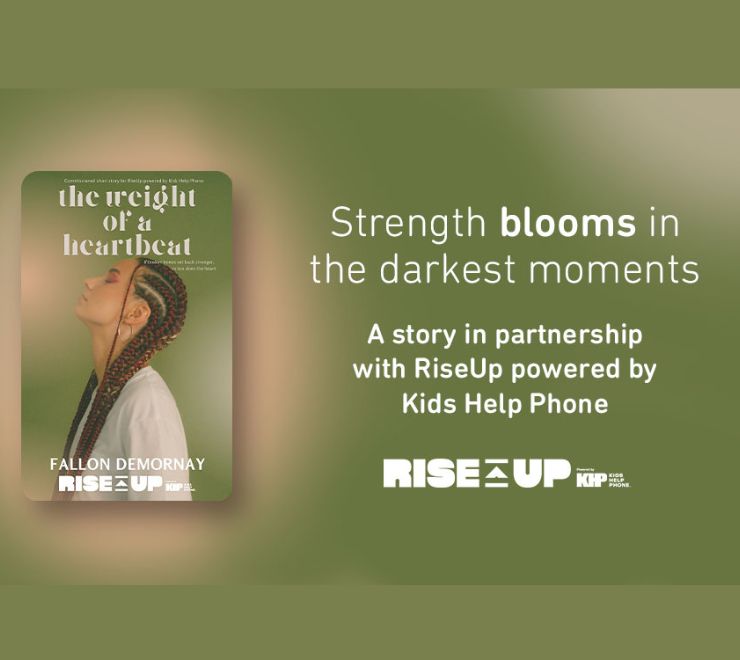Digital technology and social media are an integral part of everyday communication for most people. It can help us stay connected with friends/family, be a break/escape from stress, give people a sense of belonging and open the door to learning new things. However, the Internet can also be a place where people encounter things such as cyberbullying and online sexual exploitation. To help you and the young people in your life stay safe online, we’ve compiled some helpful tips.
Educate yourself
It’s important to learn about ways to stay safe online and share these with the young people in your life, rather than restricting them from using their device(s). If you’re not a regular user of social media or online platforms, it’s a good idea to learn how to navigate these spaces so that you’ll have a better understanding of what young people do online.
Communicate with the young people in your life
- Be curious about what’s going on in their lives, including their online activities.
- Avoid trying to frighten a young person about the risks of being online. Scare tactics convey the message that adults don’t understand, while discouraging kids from reaching out when they need help. Instead, let the young person know that if they encounter something or someone who makes them feel uncomfortable online, they can come to you without fear of your reaction.
- Make sure the young person knows the Internet is a public place and that information such as their name, photo, age, location, phone number or school can be used to identify them.
- Let the young person know their instincts are their best guide. You can teach them to block, ignore or report people they encounter online who do or say anything they find unsettling (e.g. asking them questions about sex, requesting photos, etc.).
Specific tips for parents/caregivers of younger children
- Be sure that a parent/caregiver or other safe adult always supervises your child’s online activities and makes sure they only use websites/apps you’ve approved.
- Create a list of technology house rules with your kids, especially younger ones. Set limits for how much time your child spends online, which sites they can visit, which apps they’re allowed to use, etc.
- Set up your child’s accounts and gaming consoles. Activate parental controls as well as restrictions for who can play or chat with your child. Know your child’s passwords.
Specific tips for parents/caregivers of teens
- Encourage your teen to think about the possible impacts before posting information or pictures. Teach teens that anything they post online can be distributed widely in seconds, and that once they post something, it’s very difficult to control what it’s used for.
- Balance respect for privacy with monitoring your teen’s online activities. For most families, trust and communication is more effective than surveillance. As a parent/caregiver, decide your own comfort level with having access to your teen’s accounts, and then be transparent with them about what you’ll see and how often you’ll check in.
- Encourage your teen to think critically about who they meet online. Reinforce that not everyone is who they say they are online.
- Assert that when teens meet someone they know online in person, they should take someone they trust along with them. If this isn’t possible, stress that they must — at the very least — notify other people of their meeting time and place, and make a safety plan in case they feel unsafe during the meeting.
- Explain to your teen that it’s illegal to:
- threaten someone online or offline
- gamble online or offline as a minor
- send, possess or distribute sexual photos/videos of someone (of any age) without their consent.
- It’s a good idea to review sexting and child pornography laws with your teen. (For example, it’s important to know it may be illegal to possess or share a sexual photo/video of someone if they’re under the age of 18, even if they’ve given their consent.)
Help is out there
If the young person in your life is threatened online, and you’re worried about their safety, act immediately. If you think the young person is physically at risk, or the target of online sexual exploitation, contact the emergency services in your area right away. You can also report abuse to the website or app where it’s happening. You can learn more about what to do if you or someone you know has been negatively impacted by a sexual picture/video being shared online at TechWithoutViolence.ca.
If you know a young person who’s struggling with a problem, big or small, you can encourage them to contact Kids Help Phone for support. We’re available 24/7/365.
Brought to you with the support of:














